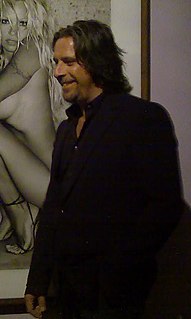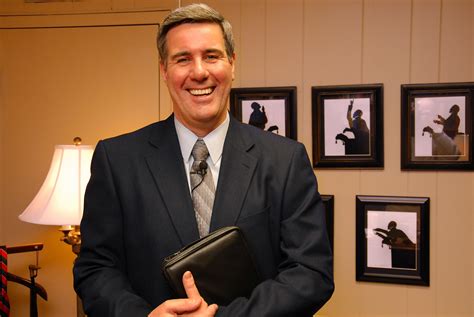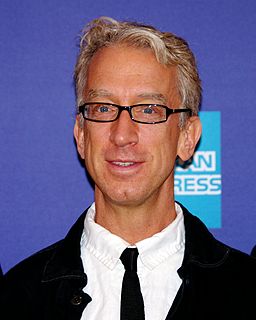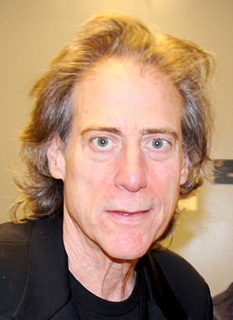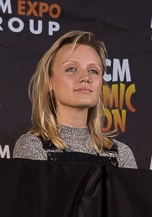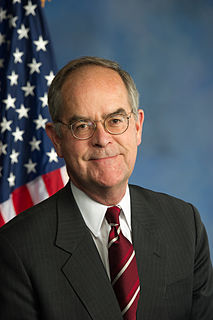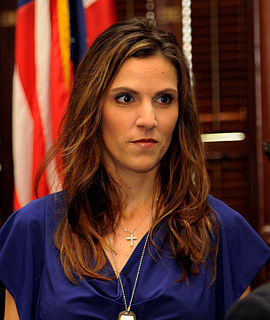A Quote by Colin Farrell
I'm in no hurry to get anywhere. I don't have any plans. I don't have a map. If you did in this business, you'd destroy yourself.
Related Quotes
Over the years I always did some water colors, and I did a series of pictures of drawings. I always did it during a period of time that was slow in the photo business, but in essence it was always frustrating because I'd get started, and then it would be time to get back to work and I wouldn't get anywhere with the painting.
I tried not to think about my life. I did not have any good solid plans for it long-term - no bad plans either, no plans at all - and the lostness of that, compared with the clear ambitions of my friends (marriage, children, law school), sometimes shamed me. Other times in my mind I defended such a condition as morally and intellectually superior - my life was open and ready and free - but that did not make it less lonely.
When I was born I became the visible corner of a folded map. The map has more than one route. More than one destination. The map that is the unfolding self is not exactly leading anywhere. The arrow that says YOU ARE HERE is your first coordinate. There is a lot that you can't change when you are a kid. But you can pack for the journey.
If you want to devote yourself to the arts, you'd better do it strictly from passion, because there is zero guarantee that you'll get anywhere. The hardest thing is dealing with business people who have nothing to do with your art. They could care less that you're up at 4:30 in the morning writing a joke. Don't expect any sympathy from anybody.
Theology is like a map. Merely learning and thinking about the Christian doctrines, if you stop there, is less real and less exciting than the sort of thing my friend got in the desert. Doctrines are not God: they are only a kind of map. But that map is based on the experience of hundreds of people who really were in touch with God--experiences compared with which many thrills of pious feelings you and I are likely to get on our own are very elementary and very confused. And secondly, if you want to get any further you must use the map.


